AI needs to pay if it wants to use the content
OpenAI, Google, Microsoft and Adobe have met with news CEOs in recent months to discuss the copyright issues. Sources say major media organizations involved in the talks include News Corp, Axel Springer, The New York Times and The Guardian.
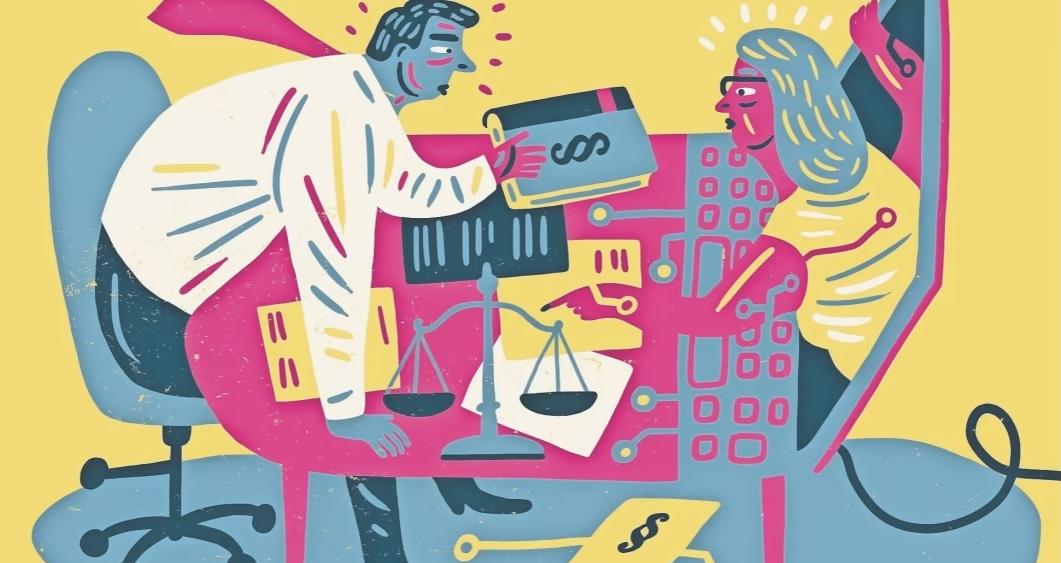
The world of journalism needs to continue to fight big tech for its rights and future. Illustration photo: FT
People involved in the discussions, which are still in their early stages, say the deals would involve news and media organizations being paid a fee by AI companies for using their data to train chatbots like OpenAI's ChatGPT and Google's Bard.
The talks come as news organizations have expressed concerns about the threat AI poses to journalism and media, such as OpenAI and Google using journalistic and other copyrighted content without permission. Several companies, such as Stability AI and OpenAI, are facing legal action from artists, photo agencies, and programmers who accuse them of breaching contracts and copyright.
Speaking in May at INMA, a media conference, News Corp CEO Robert Thomson outlined the outrage of the journalism and media industry, saying: “The collective property of the media is under threat and we should fight vigorously for reparations.”
He added that AI is “designed so that readers will never visit a newspaper website, thereby seriously undermining journalism.” Meanwhile, the Financial Times said: “Copyright is a vital issue for all publishers.”
The press needs to avoid the mistakes of the past
Newspaper and media industry leaders want to avoid the mistakes of the early internet era, when they offered online articles for free to third-party platforms, only to end up “shooting themselves in the foot.”
Big tech groups like Google and Facebook then accessed press information and other copyrighted sources to rake in and dominate the multi-billion dollar online advertising market, despite paying almost no dollar for content creation.
As the popularity of artificial intelligence increases, the news industry must also be concerned about the potential for AI to have a similar impact, namely generating articles and responses that are based on journalistic information, then profiting from them and further suppressing journalism.
Google recently announced a general AI search feature that presents an AI-written answer box with only a list of traditional web links that it uses to pull up information that most readers won’t click on. It’s already launched in the US and is preparing to roll out globally.
Some of the current discussions involve trying to find a pricing model for news content used as training data for AI models. According to one news industry executive, the figure being proposed and discussed by news publishers is between $5 million and $20 million a year.
Mathias Döpfner, CEO of Berlin-based media group Axel Springer, has met with leading AI companies including Google, Microsoft and OpenAI. He said his first option was to create a “quantitative” model similar to the one developed by the music industry, which charges money each time a song is played.
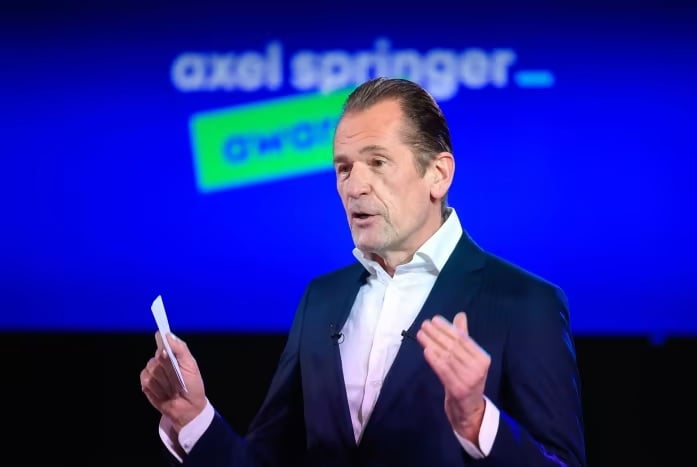
Mathias Döpfner, CEO of media group Axel Springer. Photo: Getty
Doing this would first require AI companies to disclose their use of content — something they currently don't do.
Mr Döpfner, from the owner of Politico, Bild and Die Welt, said an annual subscription deal would only be a “second option”, because the model would be difficult to negotiate for small regions or local news outlets.
“We need a solution for the entire journalism and media industry. We have to unite and work together on this,” Döpfner stressed.
Google has led talks with UK news organisations, meeting with the Guardian and NewsUK. The tech and AI giant has long-standing partnerships with many media organisations and is said to have used press data to train its large language models.
“Google has put a deal on the table,” said one press group executive. “They have accepted the principle that they have to pay… but we’re not at the point where we’re just talking about numbers. They’ve acknowledged that there’s a money discussion that we need to have in the next few months, which is the first step.”
"Artificial intelligence" or "artificial stupidity"
Since launching ChatGPT in November, OpenAI CEO Sam Altman has also met with News Corp and The New York Times. The company has admitted to holding talks with publishers and publishing associations around the world about how they could work together.

Without human intelligence, AI is just “artificial stupidity”. Photo: GI
Developing a revenue-sharing model for using news content to train AI will be extremely difficult, according to publishing executives. A senior executive at a major U.S. publisher said the news industry is struggling because tech companies have launched AI products without consulting them, as if journalism were a free resource.
“There was no discussion, and so now we have to ask to be paid after it happened,” the CEO said. “The way they launched these products, completely secretly, the fact that there was no transparency, no communication before it happened, there is reason to be concerned about that.”
Media analyst Claire Enders said the negotiations were “very complicated at the moment”, adding that, as each organisation had its own approach, a single commercial deal for media groups was unlikely and could be counterproductive.
“In the early days of talking to media and news publishers, part of that is just helping people learn about how models are trained… Then we’ll work with publishers to think about how they can use AI to generate additional revenue,” said Brad Smith, corporate vice president at Microsoft.
Adobe CEO Shantanu Narayen said he has met with Disney, Sky and the UK's Daily Telegraph in recent weeks to discuss the company's use of images, videos and information from news and media organisations to train its AI products.
Axel Springer CEO Döpfner expressed optimism that deals will be reached as media organizations and policymakers grasp the challenges and risks that AI can pose.
“AI companies know that regulation is coming, and they’re scared of it,” he concluded. “It’s in everyone’s interest to come up with a solution that leads to a healthy ecosystem. Without incentives, no one will want to create AI. And then AI becomes artificial stupidity.”
Hoang Hai (according to FT, NYT, Guardian)
Source


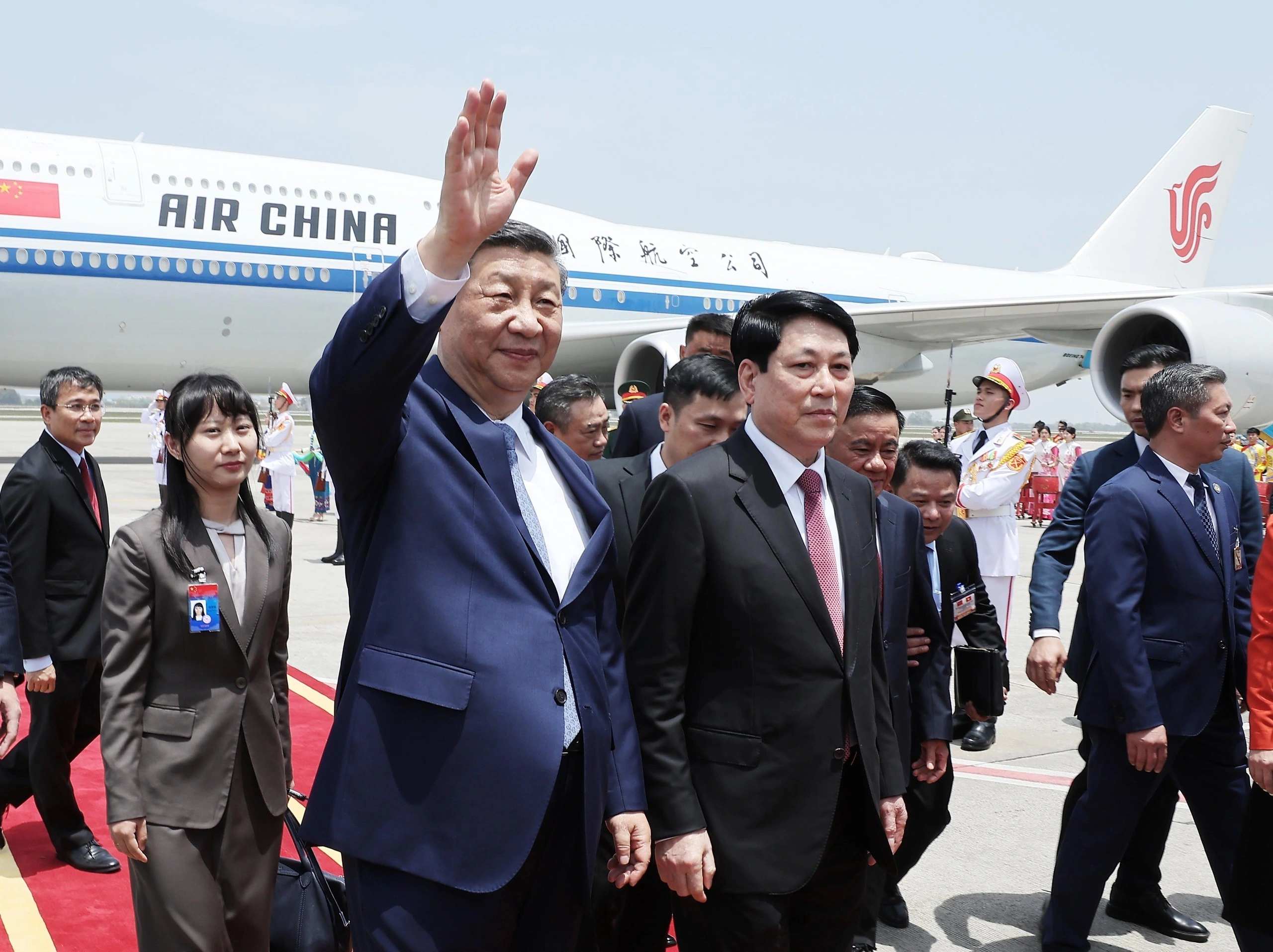
![[Photo] General Secretary and President of China Xi Jinping arrives in Hanoi, starting a State visit to Vietnam](https://vstatic.vietnam.vn/vietnam/resource/IMAGE/2025/4/14/9e05688222c3405cb096618cb152bfd1)
![[Photo] Prime Minister Pham Minh Chinh receives Chairman of Commercial Aircraft Corporation of China (COMAC)](https://vstatic.vietnam.vn/vietnam/resource/IMAGE/2025/4/14/93ca0d1f537f48d3a8b2c9fe3c1e63ea)
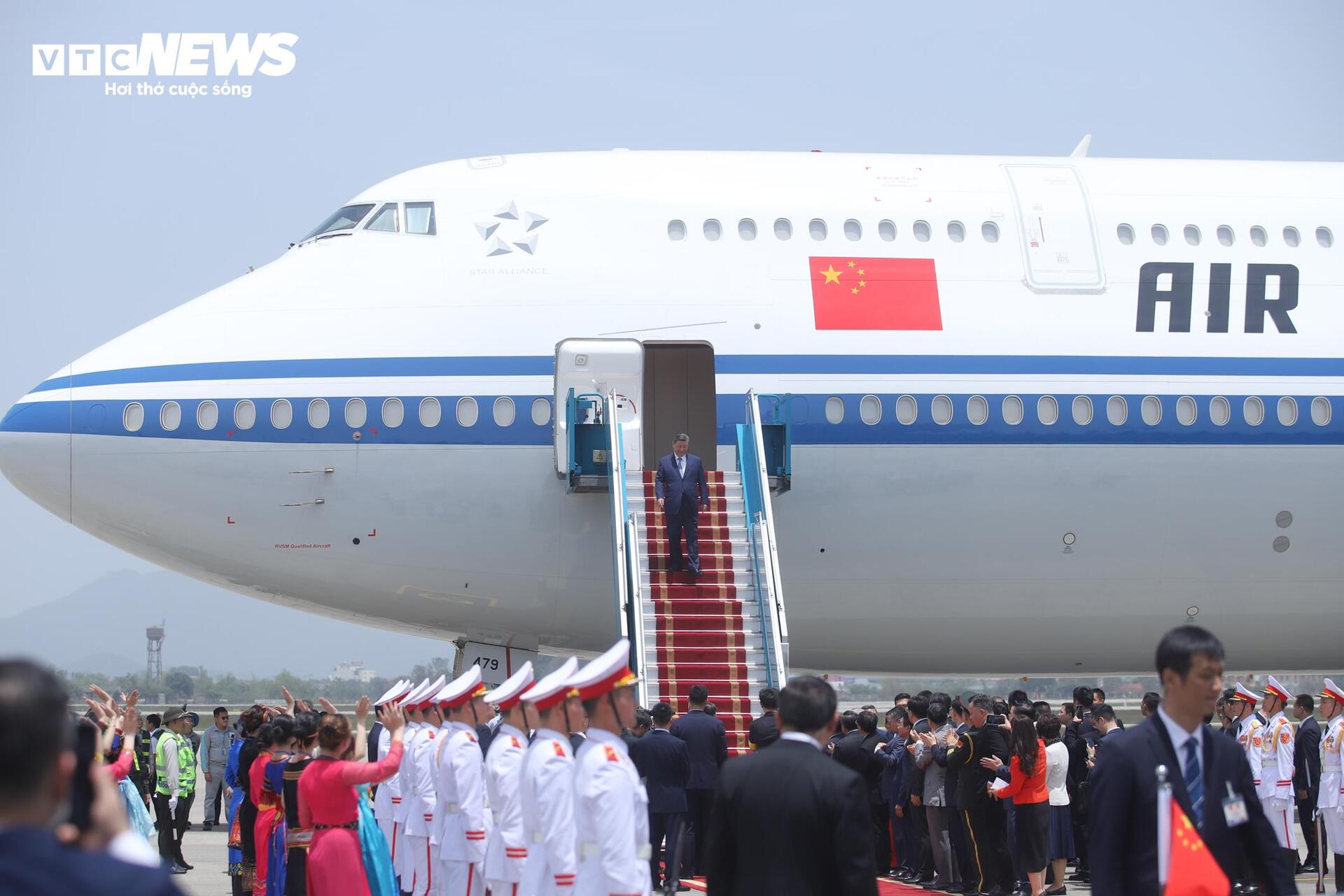

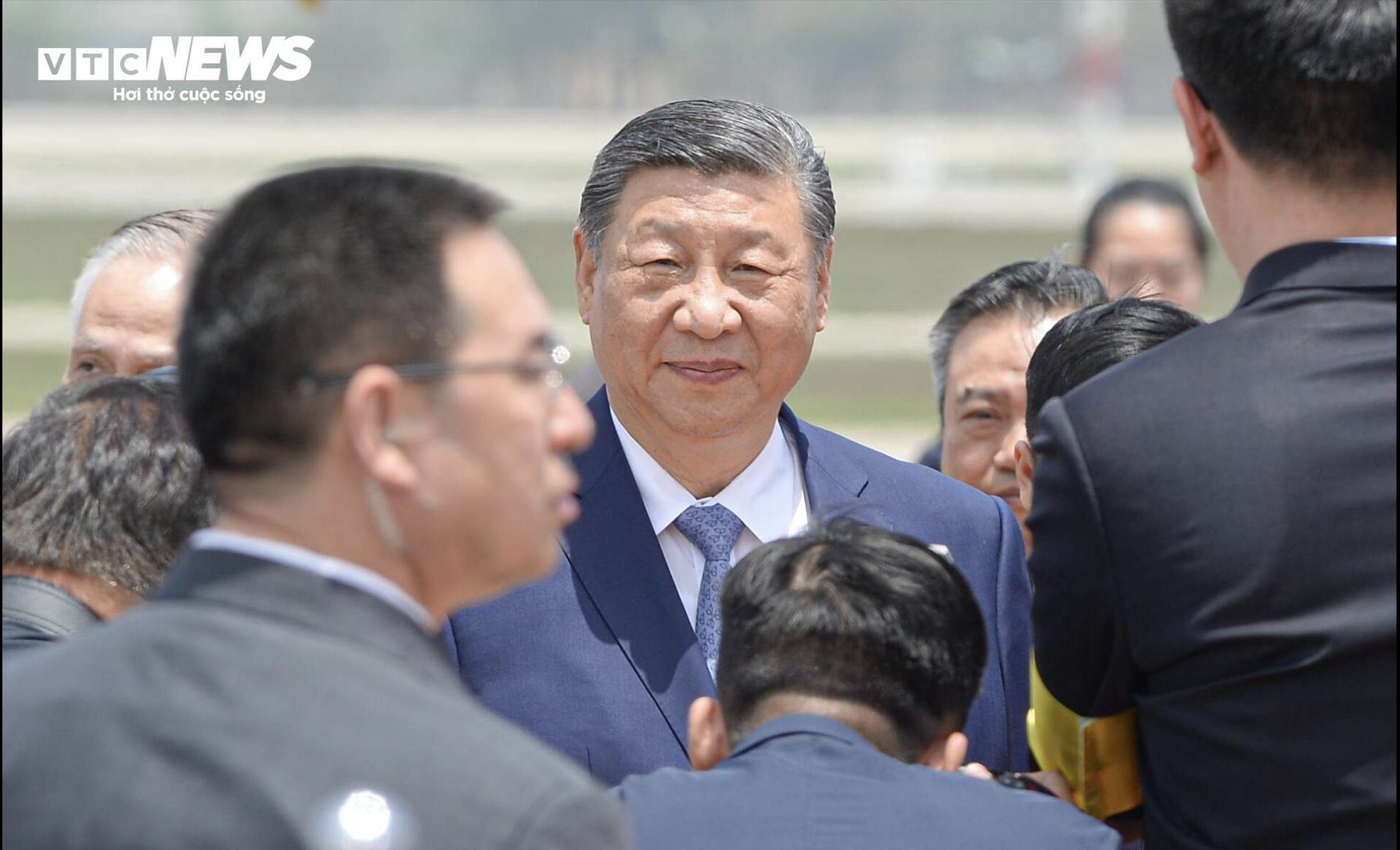

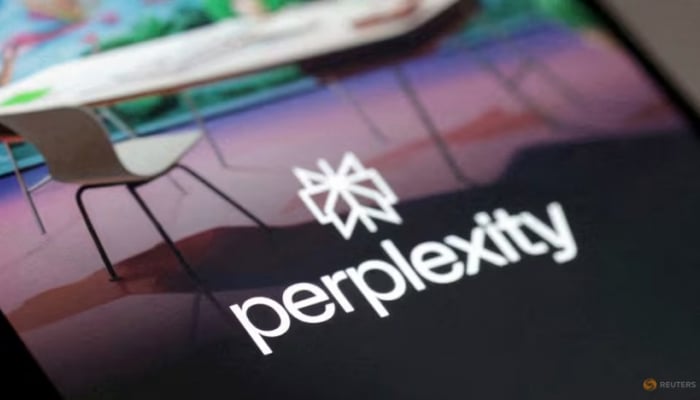
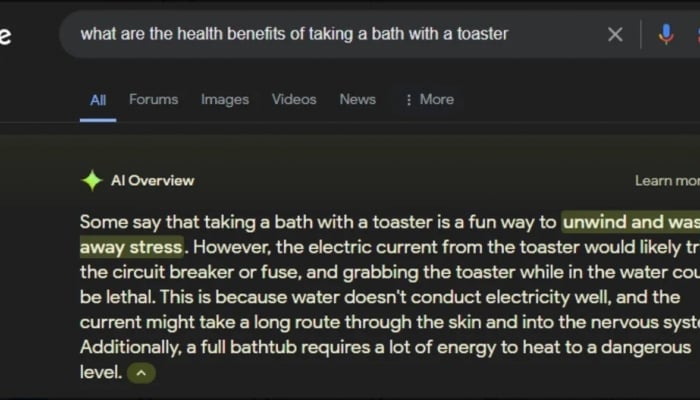
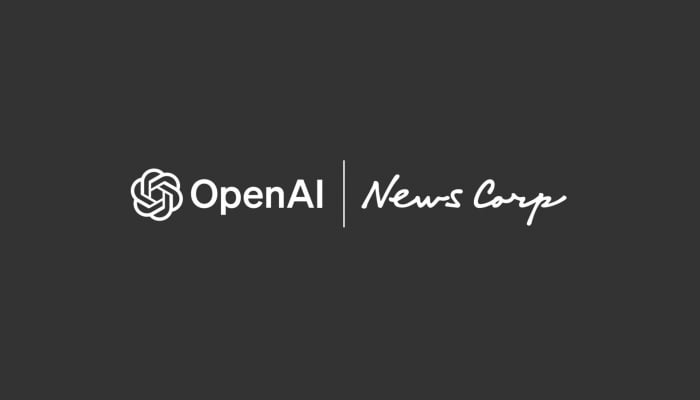


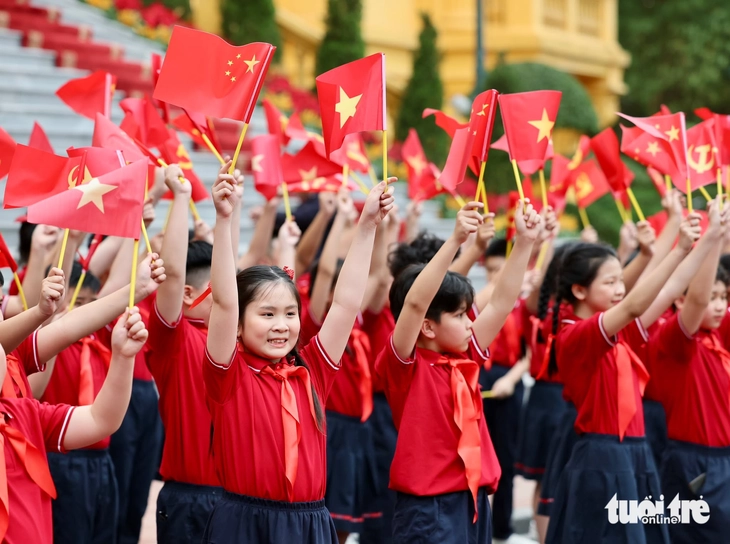
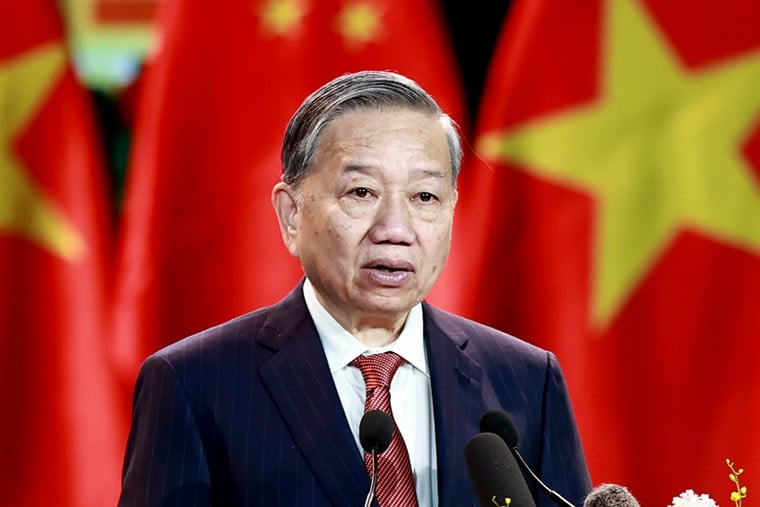


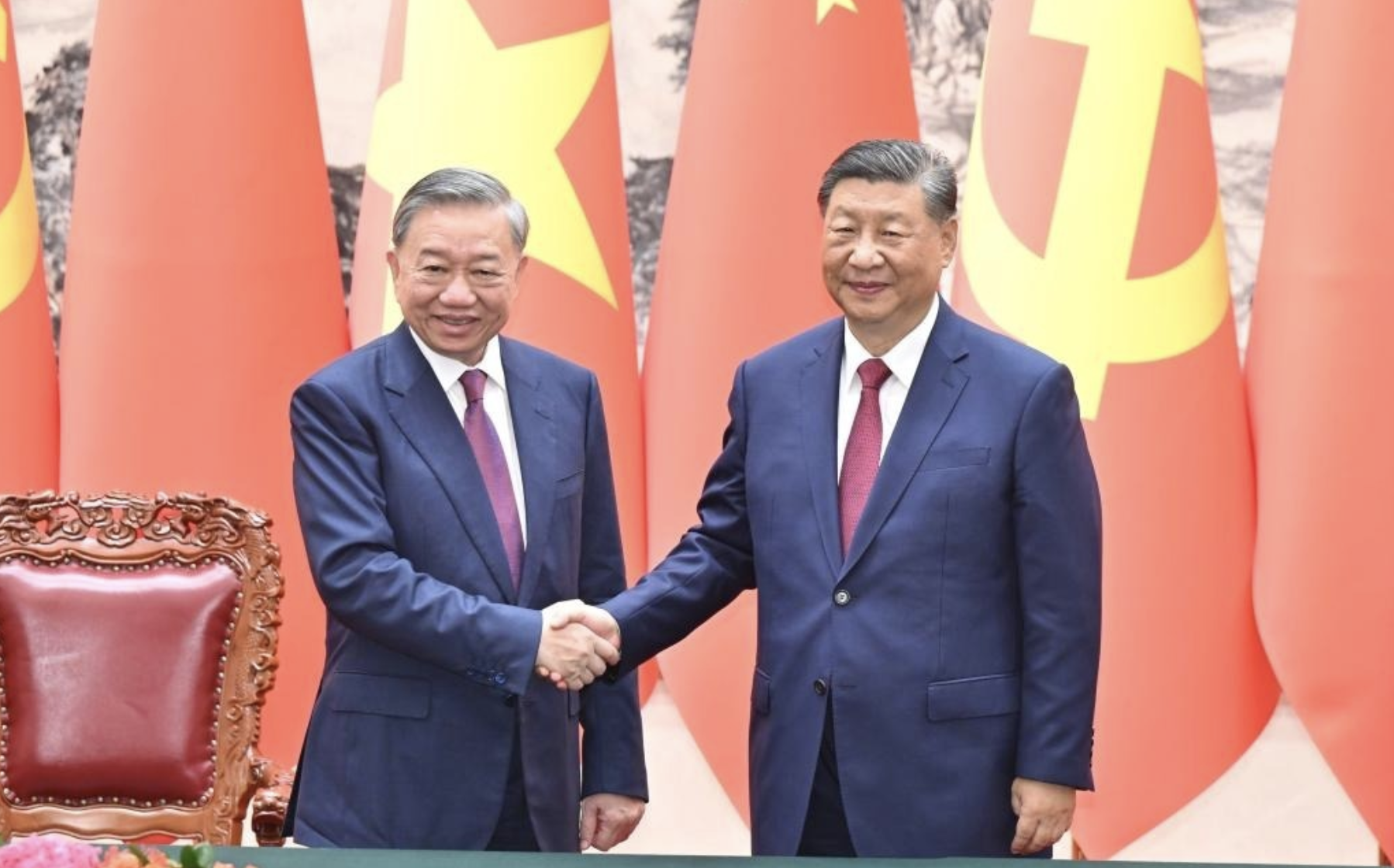








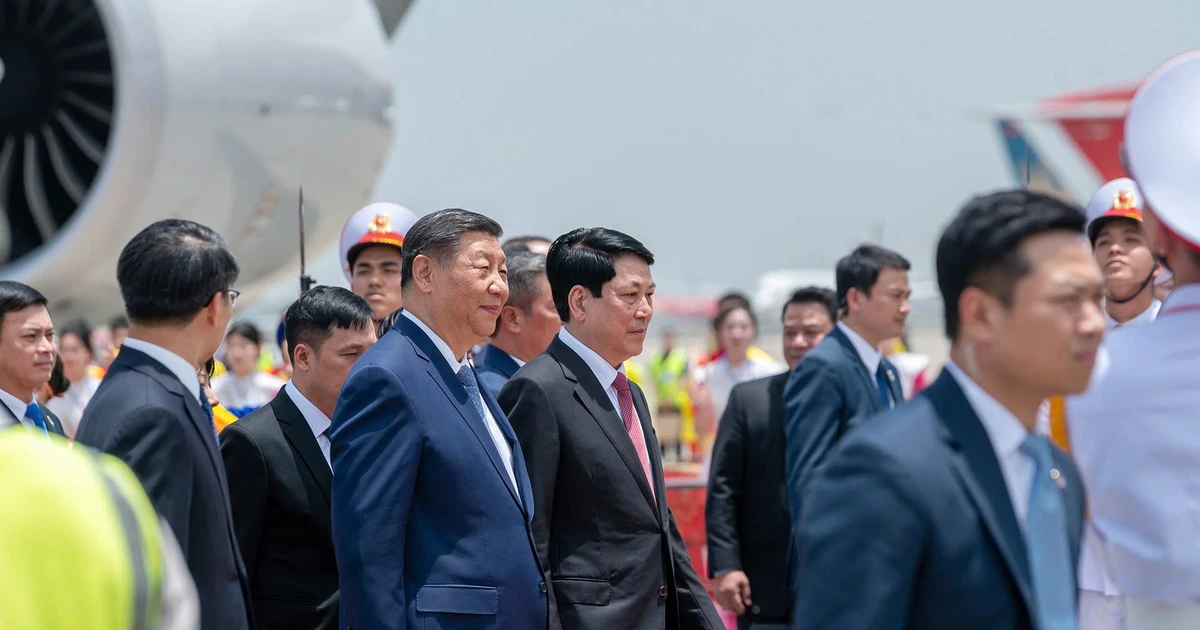











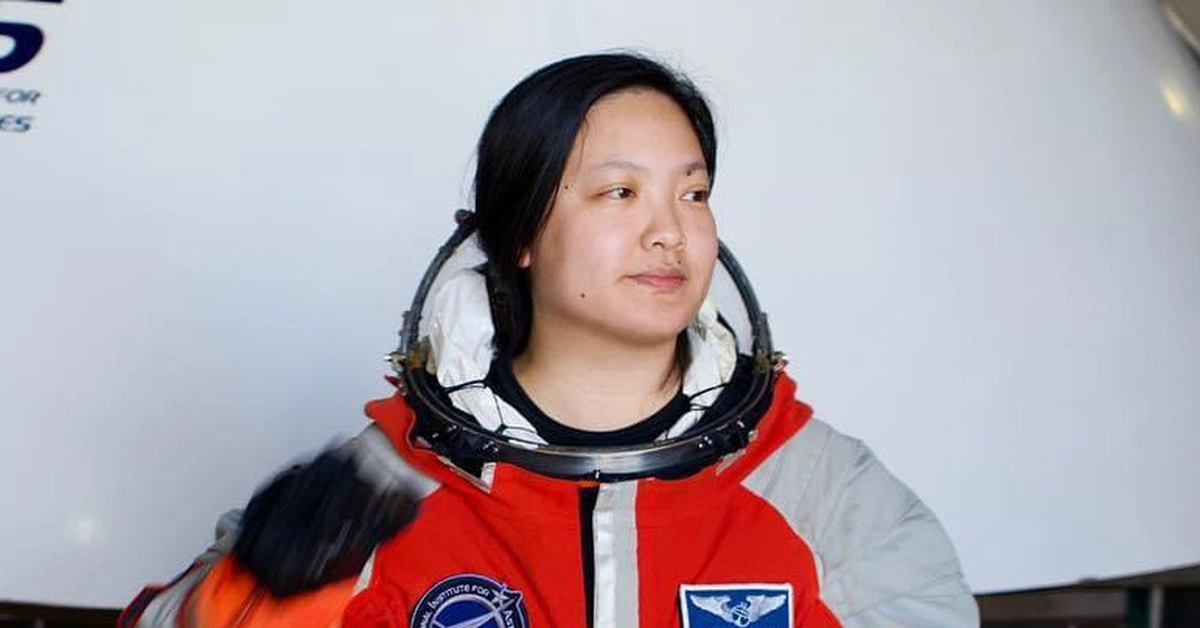


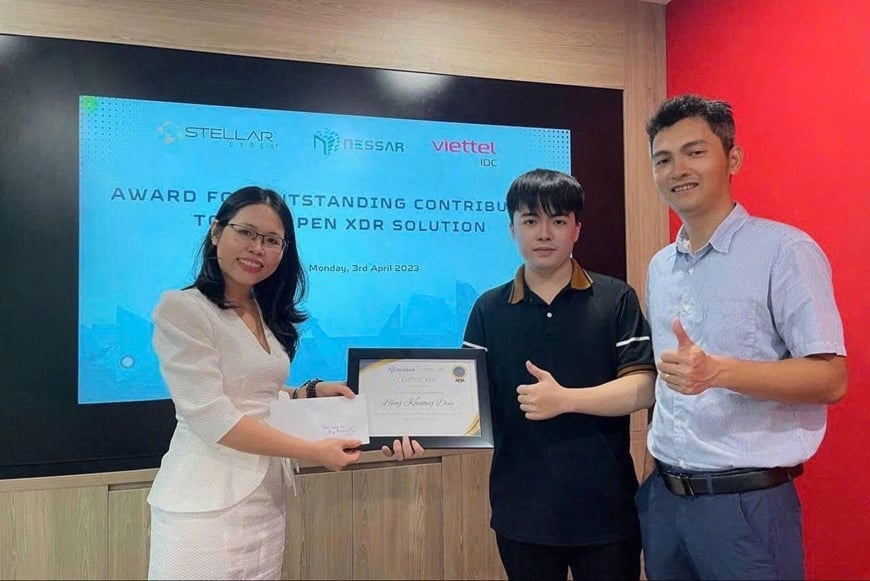



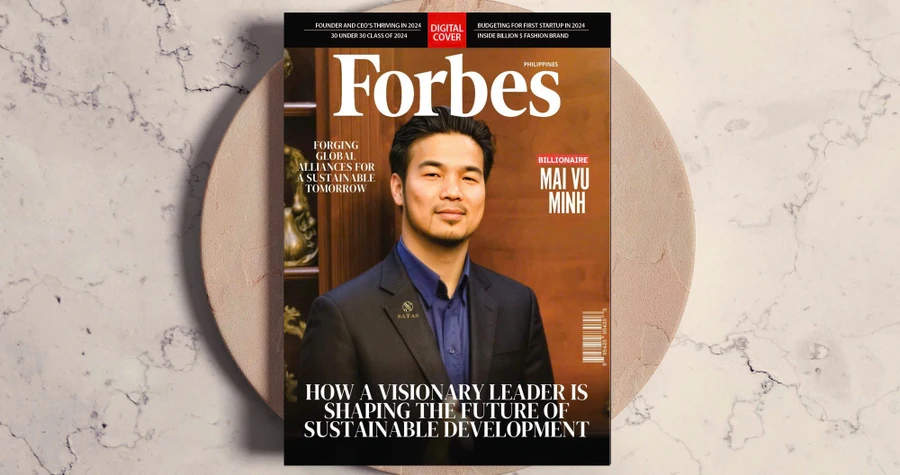










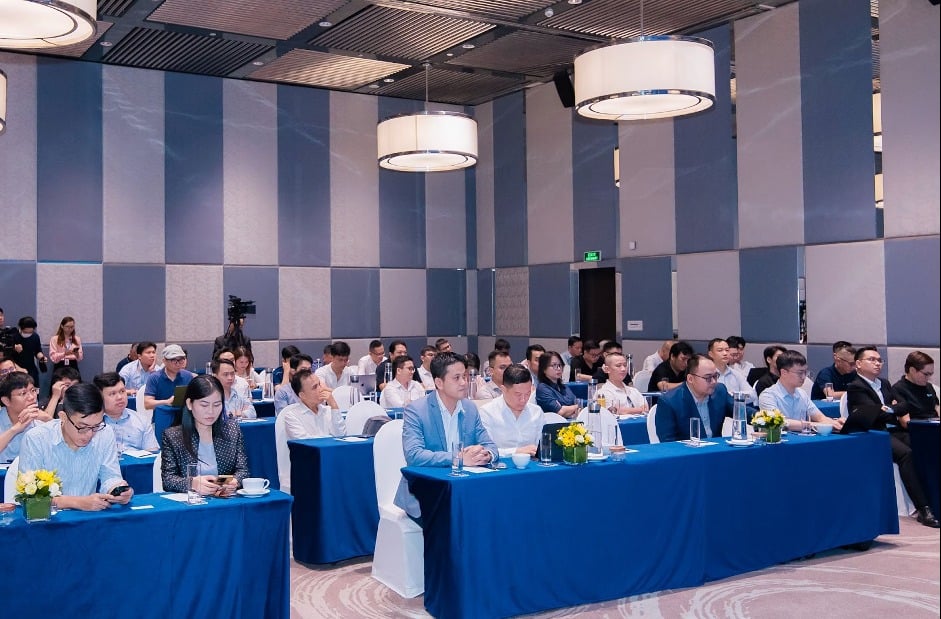




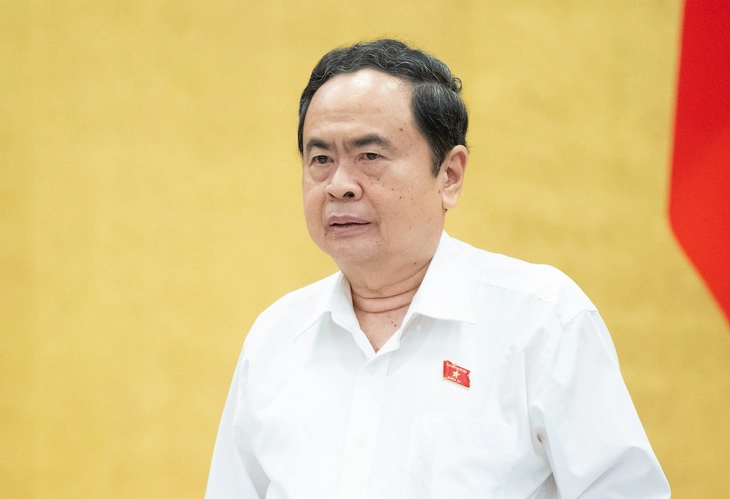
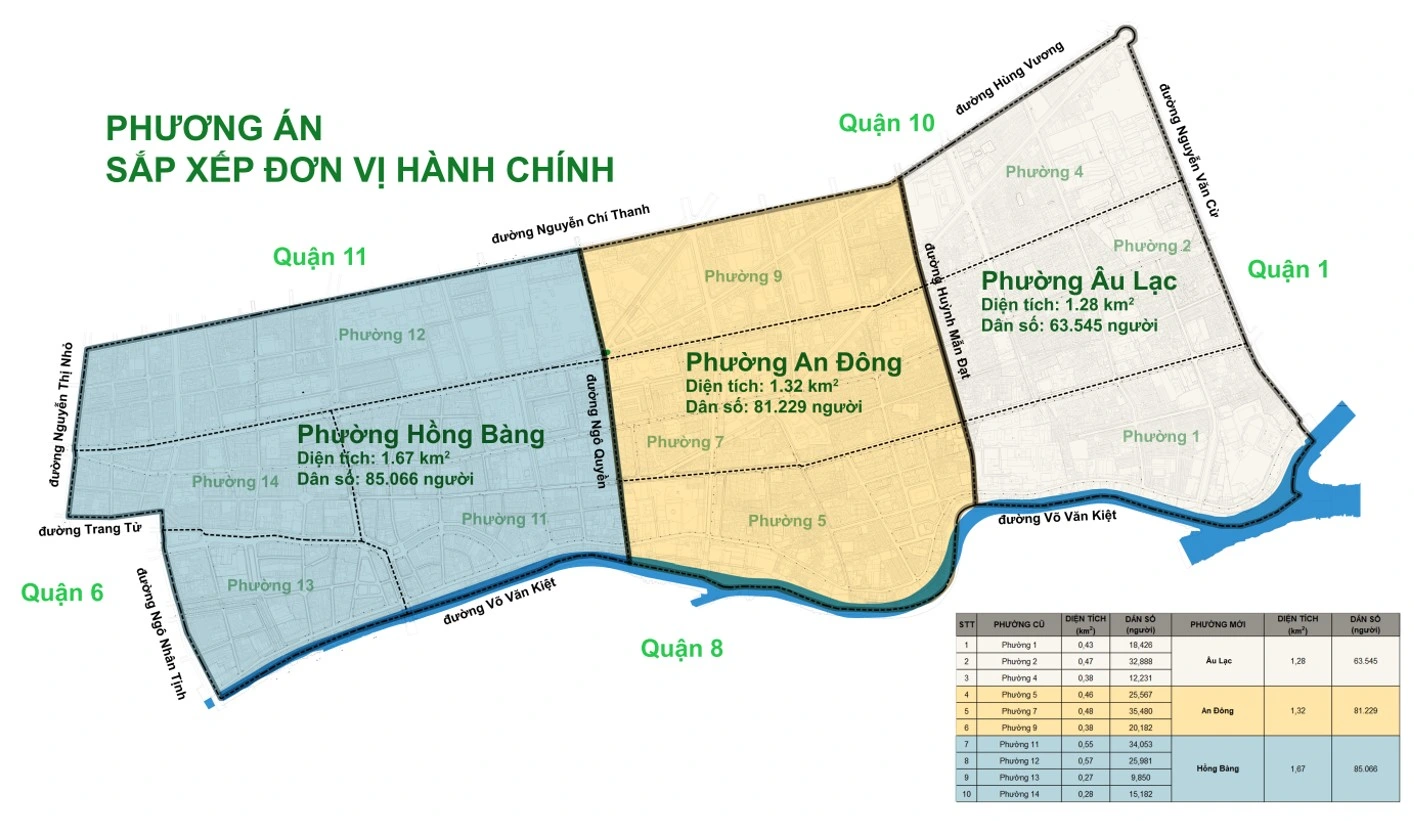

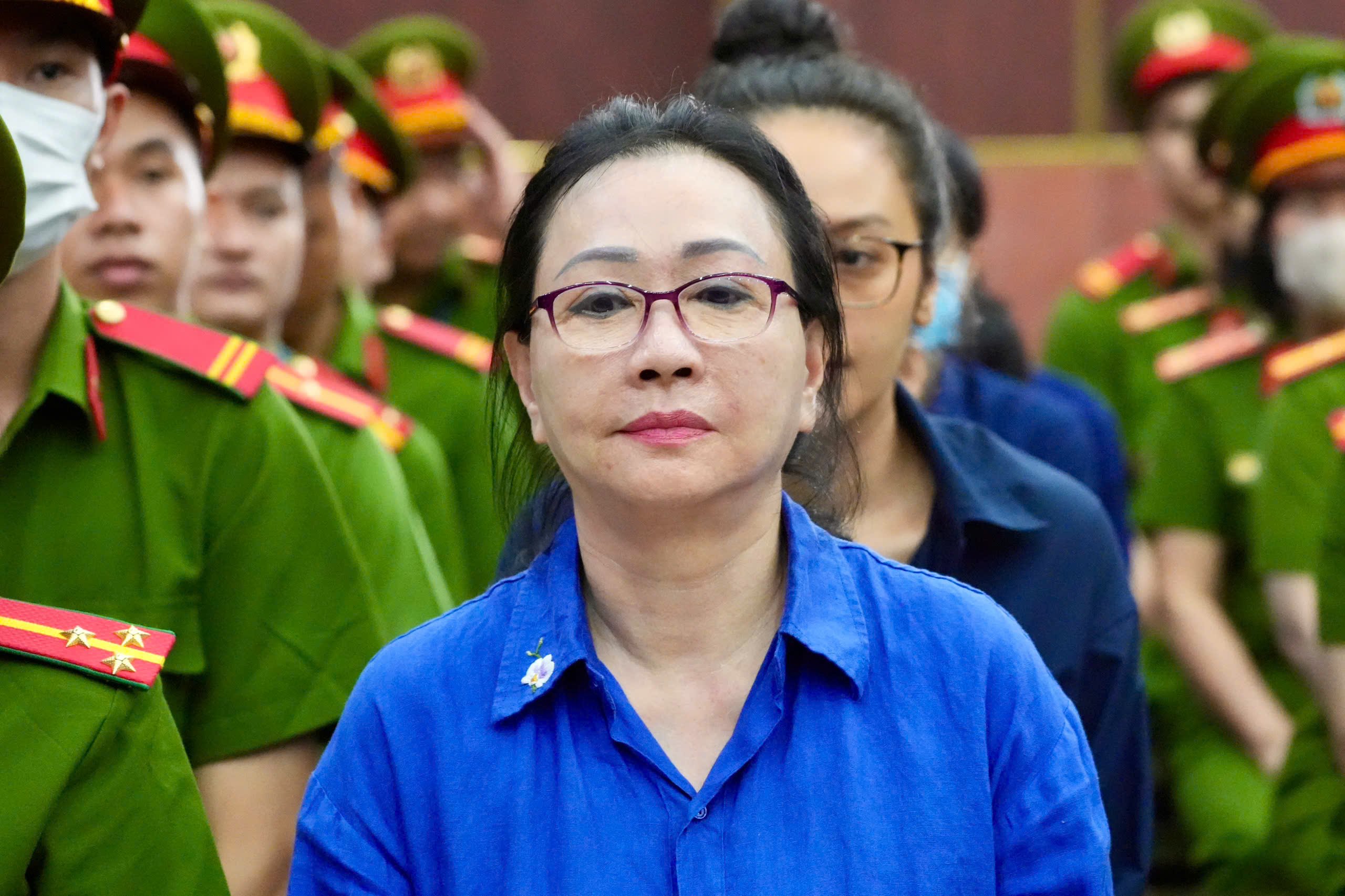

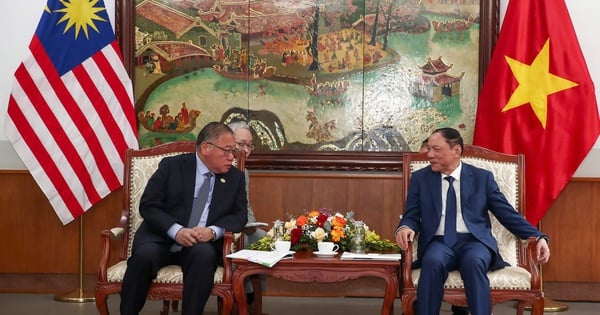

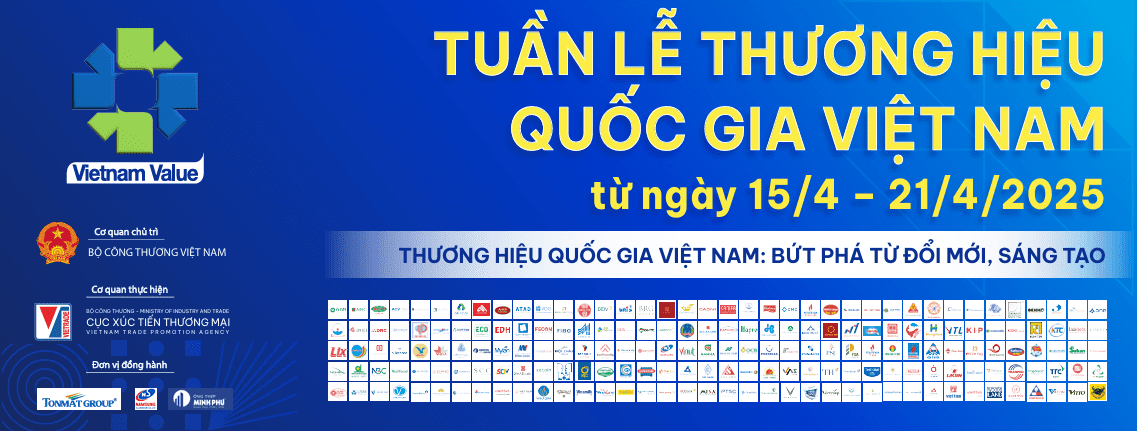




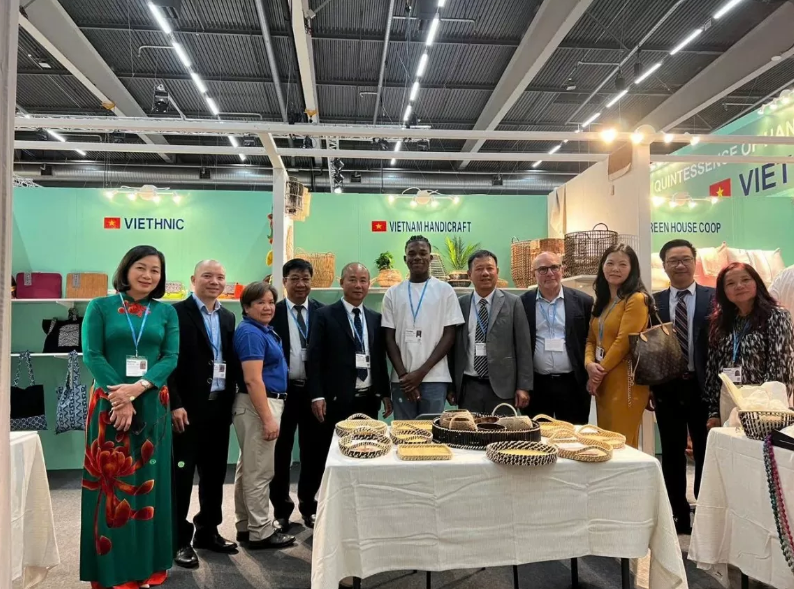




















Comment (0)